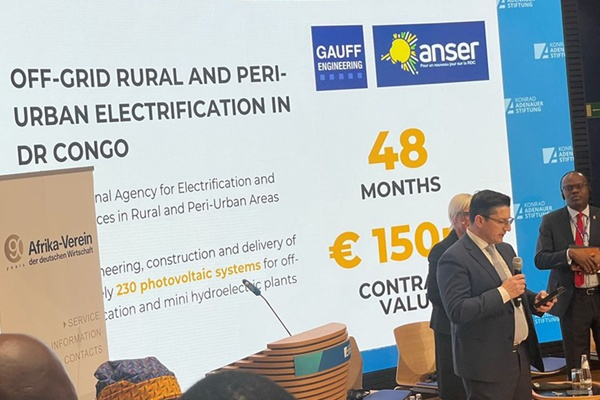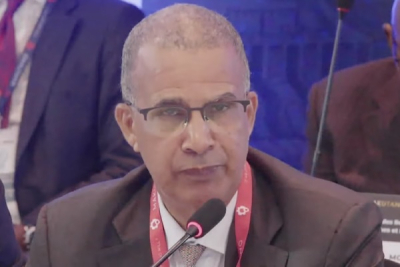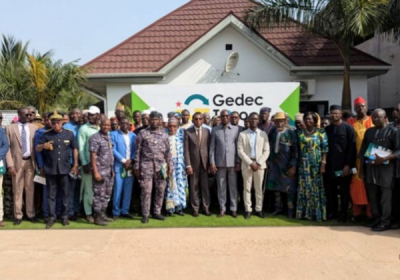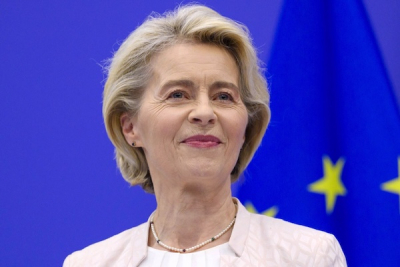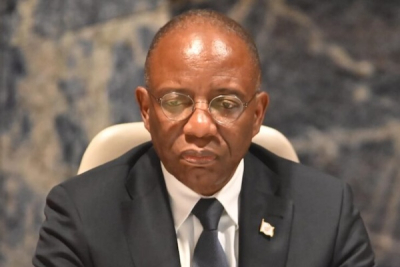On March 17, 2025, in Berlin, the Democratic Republic of Congo (DRC) took a significant step toward expanding its energy infrastructure by signing a commercial contract with Germany’s Gauff Engineering. The agreement, valued at €150 million (approximately $165.5 million), covers the construction of 230 photovoltaic and mini-hydropower plants over the next four years, according to the ANSER, the Congolese agency for electrification in rural peri-urban areas.
While the related financing agreement is still pending and the identity of financial backers remains undisclosed, it is known that part of the funding is expected to come from Germany. According to the ANSER, this initiative is tied to a rural and peri-urban electrification program formalized during the German-African Energy Forum, which coincided with the contract signing. However, critical details such as the total capacity of the planned infrastructure, plant locations, and project start dates have yet to be revealed.
Headquartered in Nuremberg, Gauff Engineering specializes in complex infrastructure projects across water, energy, and transportation sectors. The company has a proven track record in Africa, including a project to electrify 300 villages in Senegal. Gauff’s expertise aligns with the ANSER’s mission to address energy access disparities in rural and peri-urban areas—regions often overlooked by private investors.
The ANSER was created in 2016 but began operating in 2020. Since then, it kicked off 53 projects and completed 22. By the end of 2025, it aims to increase energy production capacity to 30 megawatts (MW) and electrify approximately 459,330 households. Despite these efforts, rural electrification rates remain alarmingly low at just 1%, underscoring the urgency of scaling up initiatives like this one.
This article was initially published in French by Boaz Kabeya (intern)
Edited in English by Ola Schad Akinocho






